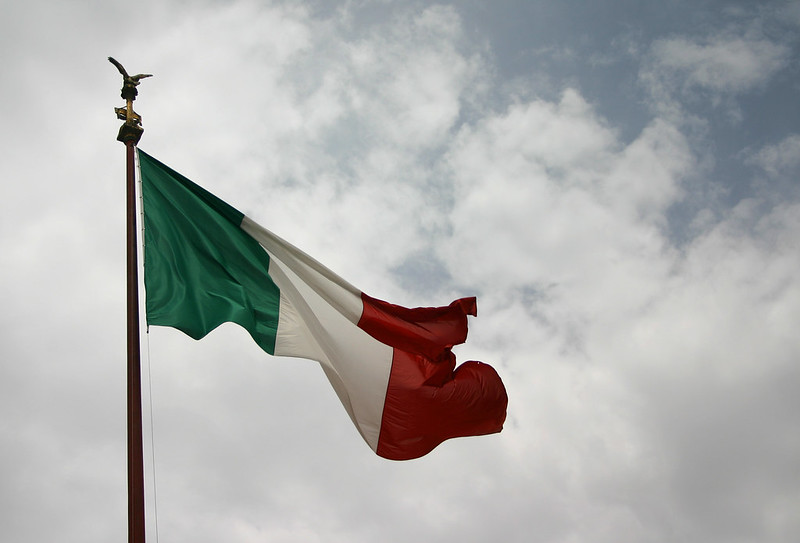South Korea’s army announced last month that it will dispatch five police officers specialising in counter-terrorism to Qatar to exchange security expertise.
The defence ministries of Italy and Qatar inked technical agreements on defence cooperation in preparation the upcoming 2022 FIFA World Cup tournament in November.
The ceremony for signing the agreement was hosted in the Italian capital, and comes within the scope of ongoing cooperation deals between Doha and defence ministries of nations taking part in the tournament to secure the 2022 FIFA World Cup.
Global security deals
This year’s World Cup in Qatar will see the FIFA tournament come to the Middle East for the first time in its history.
South Korea’s army will dispatch five police officers specialising in counter-terrorism to Qatar to exchange security expertise, Seoul’s news agency reported in late July.
This comes after $162 million in sales of air defence systems were finalised with Qatar, according to the Swiss economy ministry. The systems will be utilised for the protection of stadiums during the World Cup this November.
NATO has also recently announced that it will help Qatar with security measures during the 2022 FIFA World Cup, as part of the alliance’s tight collaboration with Doha.
“The support will include training against threats posed by Chemical, Biological, Radiological and Nuclear (CBRN) materials, which will be delivered by Slovakia and NATO’s Joint CBRN Defence Centre of Excellence in the Czech Republic,” the North Atlantic alliance explained in a statement.
As part of the security assistance, Romania will also provide training on how to protect VIPs and thwart threats from improvised explosive devices.
Additionally, in preparation for hosting the tournament later this year, Qatari and Turkish officials met in Doha to discuss security-related issues.
Suleiman Soylu, the interior minister for Turkey, announced in January that 3,250 security personnel would be temporarily dispatched to Qatar for the athletic event. 3,000 riot police officers, 100 Turkish special forces, 50 bomb detection dogs and their handlers, 50 bomb experts, and other personnel will all be on duty for around 45 days throughout the tournament.
According to Al Jazeera, Soylu additionally stated that Ankara had instructed 677 Qatari security officials in 38 distinct professional fields.
During the same month, France agreed to send personnel and material to the Gulf state, including a BASSALT anti-drone system that detects and identifies incoming drones.
France also said it will be sending one of its Air Force’s four E-3F Airborne Warning and Control System (AWACS), which can track hundreds of targets.
Closer to the Gulf state, Morocco said it deployed “thousands” of police officers to Qatar in June to aid the gulf nation in bolstering security for the upcoming event.
This came days after the director of Morocco’s General Directorate of National Security and General Directorate of Territorial Surveillance (DGSN-DGST) paid a visit to the Lusail stadium, which will host the World Cup’s final match in December.
Additionally, a team of cybersecurity specialists will reportedly be sent by Morocco to Qatar ahead of the World Cup, according to media outlets located in Rabat.







